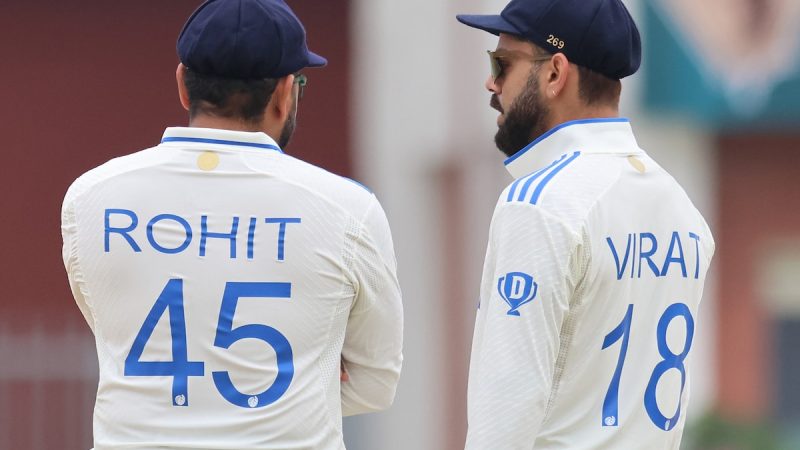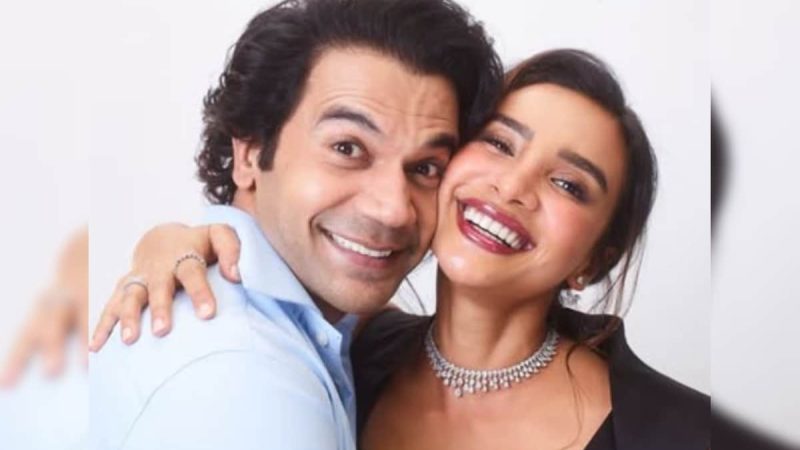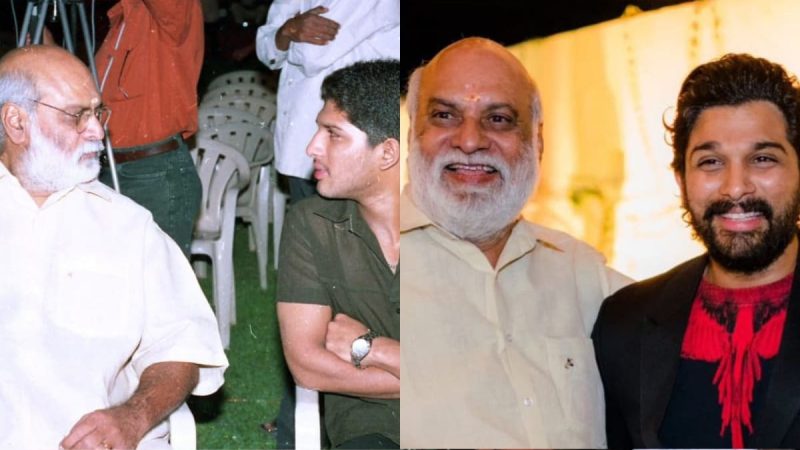Editorial: Row over Presidential Reference

Amid the raging debate over the implications of the over-centralisation of powers, the Presidential Reference has raised significant questions, both constitutional and political
Published Date – 22 May 2025, 07:03 PM

President Droupadi Murmu
A fair system of checks and balances and a perfect understanding of the respective powers of the Legislature, Executive and Judiciary are critical for the healthy functioning of democracy. In the last few years, the policies of the NDA government have led to avoidable friction among various constitutional functionaries. Particularly alarming are the instances of misusing the gubernatorial positions to cause pinpricks to the non-BJP governments. Amid the raging debate over the implications of the over-centralisation of powers, the Presidential Reference on the Supreme Court’s verdict fixing deadlines for gubernatorial and presidential assent to State Bills has raised significant questions, both constitutional and political. President Droupadi Murmu, invoking her powers under Article 143 of the Constitution, sent a 14-point questionnaire to the apex court seeking its advice, primarily concerning Articles 200 and 201, which outline the procedures for consent for legislative Bills by the Governor and the President. The President’s main concern is whether, in the absence of any clear constitutionally prescribed time limit, the court can impose such deadlines through judicial orders. The Presidential Reference has raised questions about the court’s advisory jurisdiction and its implications in a case already adjudicated by the nation’s top court. The move comes in the wake of a recent SC judgement which imposed timelines on Governors and the President to act on Bills passed by State legislatures. Care must be taken to ensure that the issue does not turn into a turf war between the Executive and the Judiciary.
The Presidential Reference addresses various aspects of the SC judgement, delivered last month on the Tamil Nadu Governor case, setting aside Governor RN Ravi’s decision to reserve 10 Bills passed by the Tamil Nadu Assembly for the President’s consideration. It held that all consequential steps taken by the President on the Bills were void. The DMK-led Tamil Nadu government has used the Presidential Reference to rally other opposition-ruled States to work together on their views on the Union government’s approach. Chief Minister MK Stalin has written to seven opposition-ruled States and the Union territory of Jammu & Kashmir to coordinate legal strategy on the matter to preserve and protect the basic structure of the Constitution. In fact, the apex court has already made it clear that its invocation of Article 142 in the Tamil Nadu Governor case was meant to do “complete justice” in the case. Article 142 of the Constitution allows the top judiciary to take over the role vested with the Governor in the law-making process. The extraordinary power to pass orders to do “complete justice” is sparingly used by the Court, especially when it involves other constitutional authorities. The ongoing discourse on the question of the supremacy of one organ of the state over the others is deeply problematic. All the wings of the state have to work in cooperation to provide citizen-centric governance.






